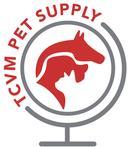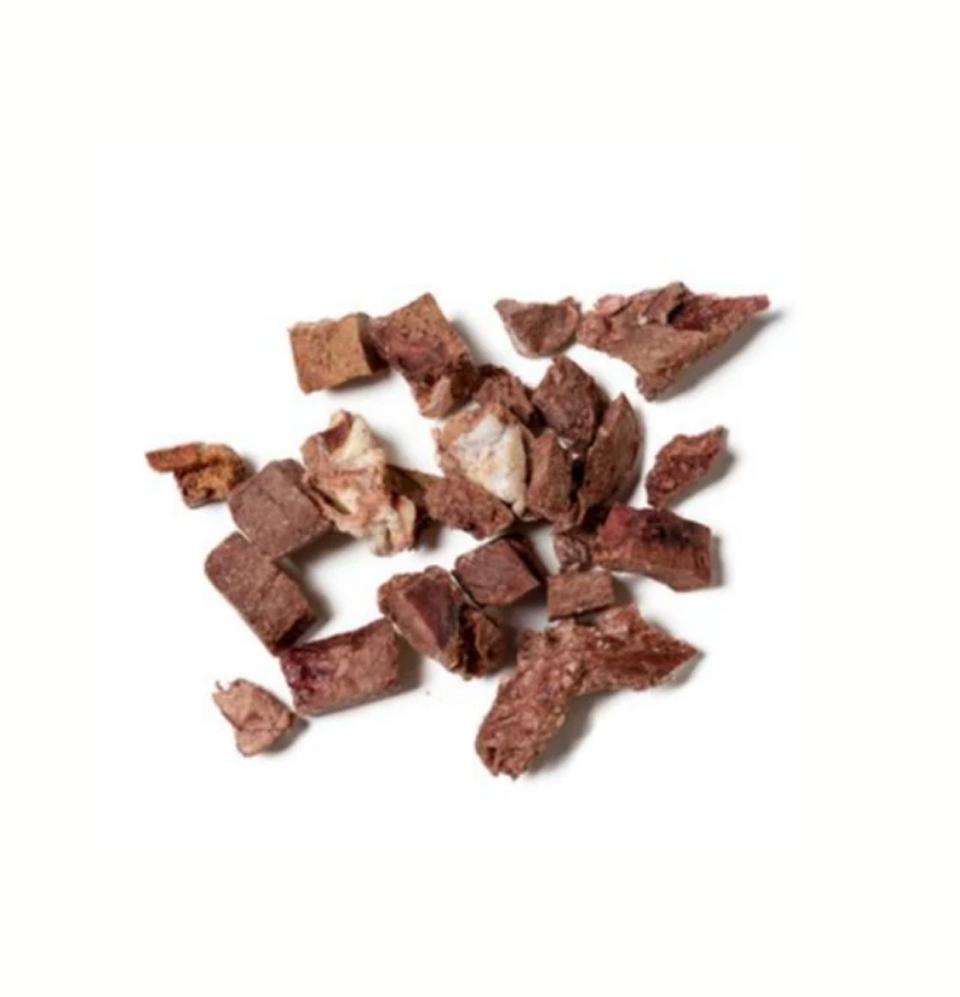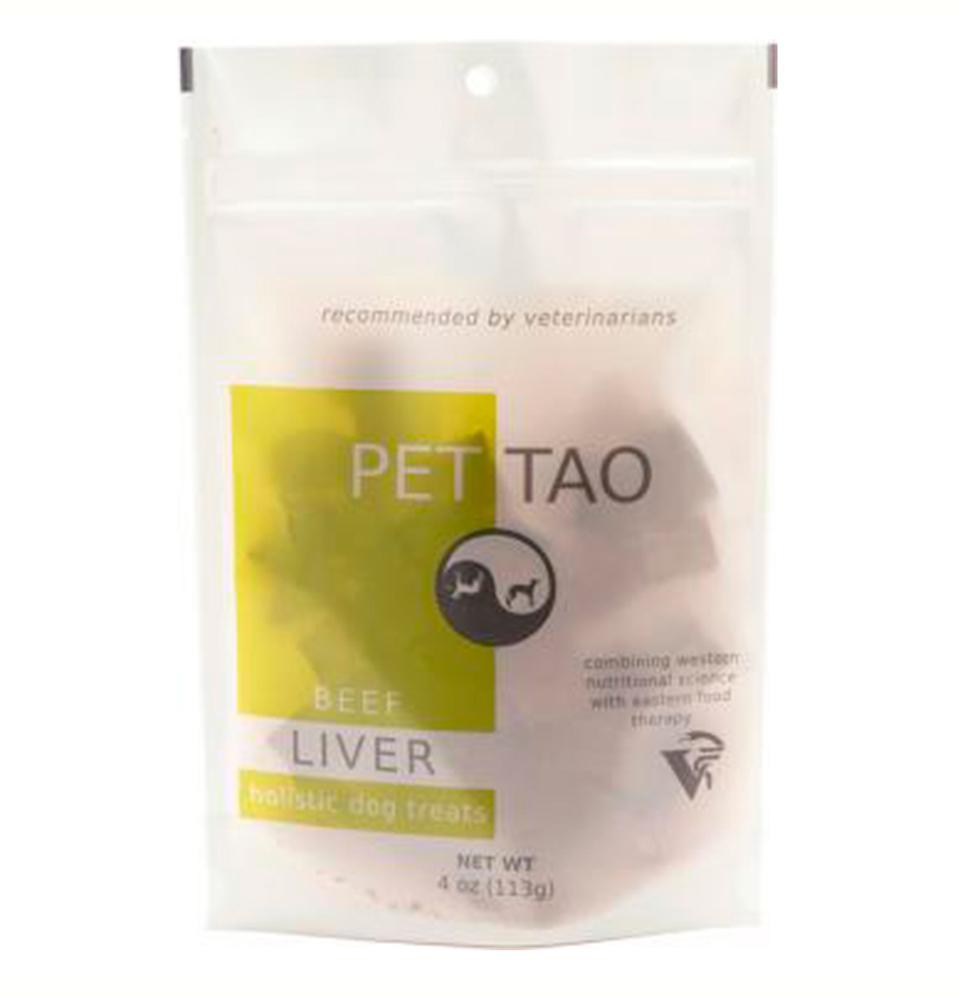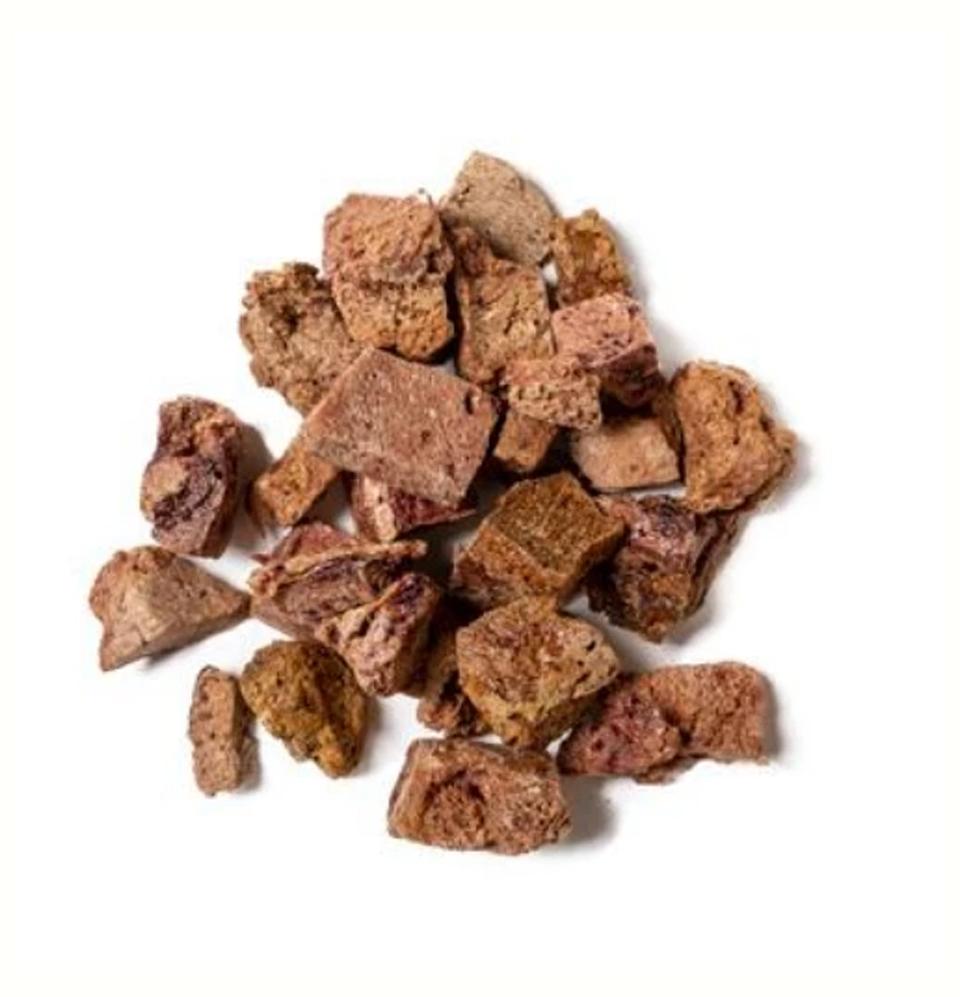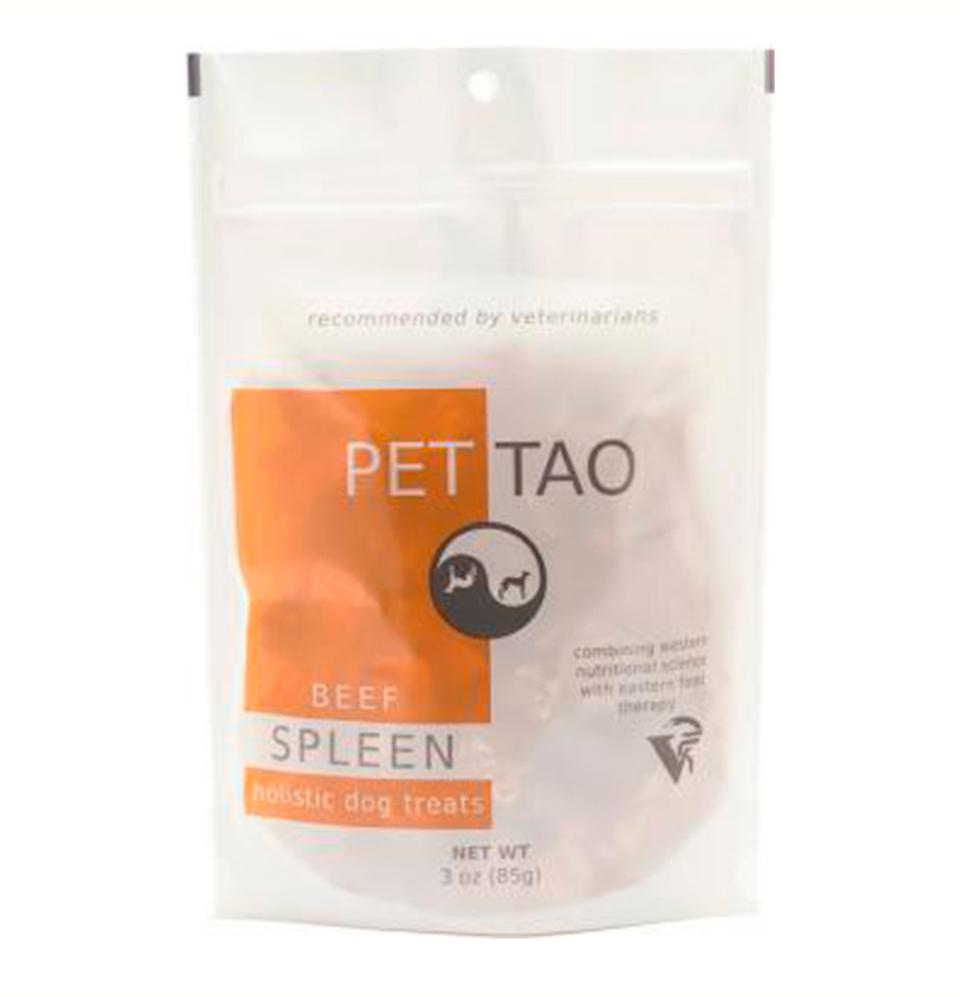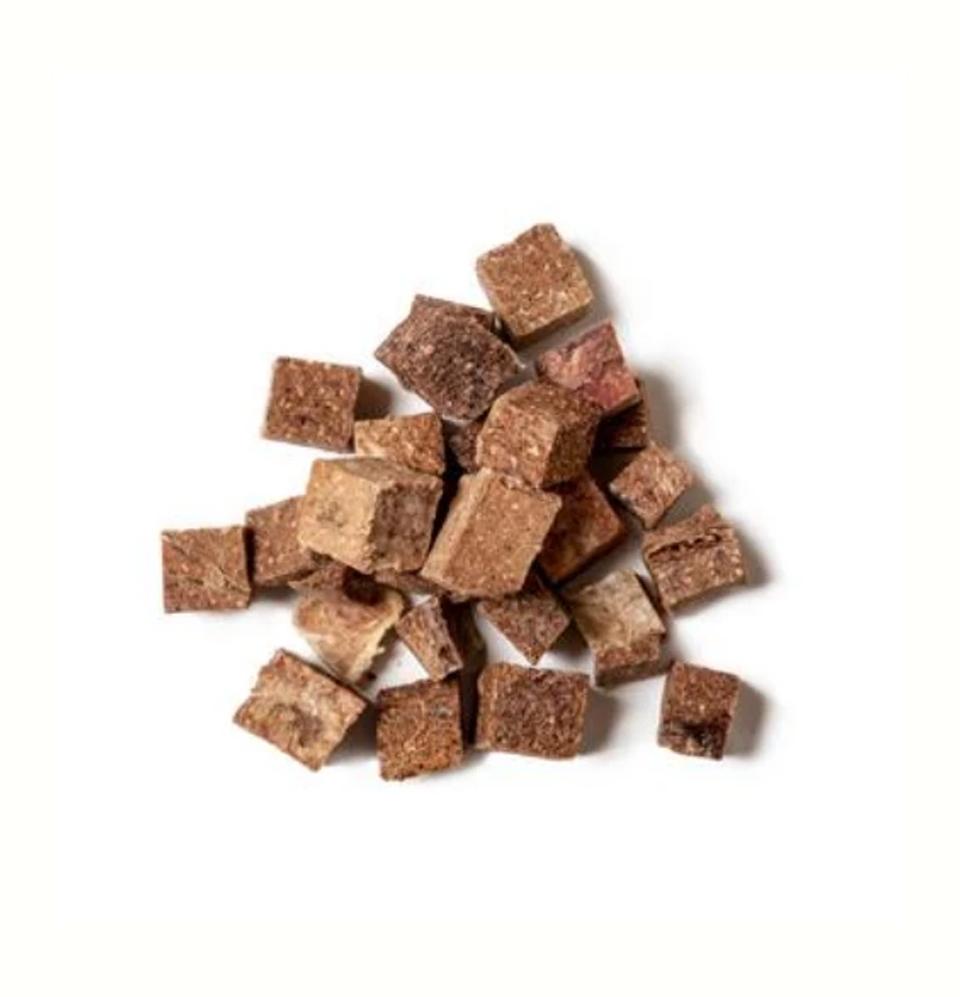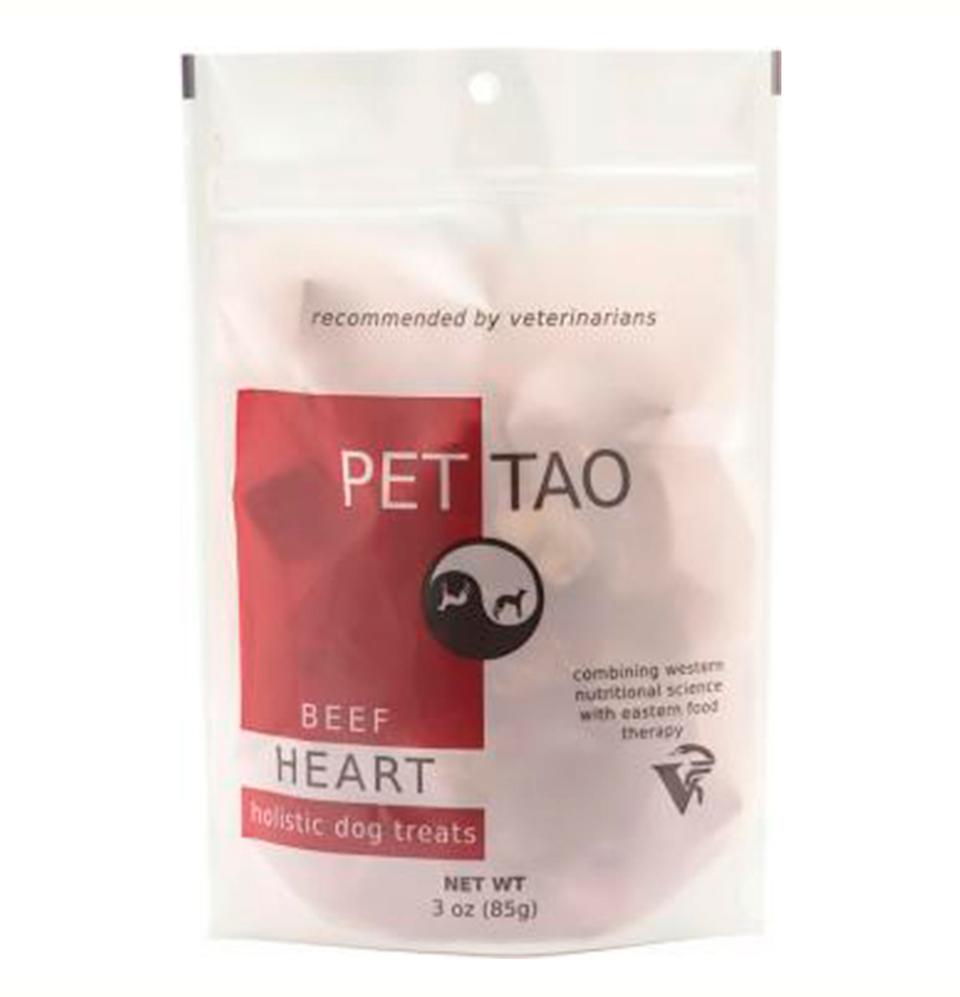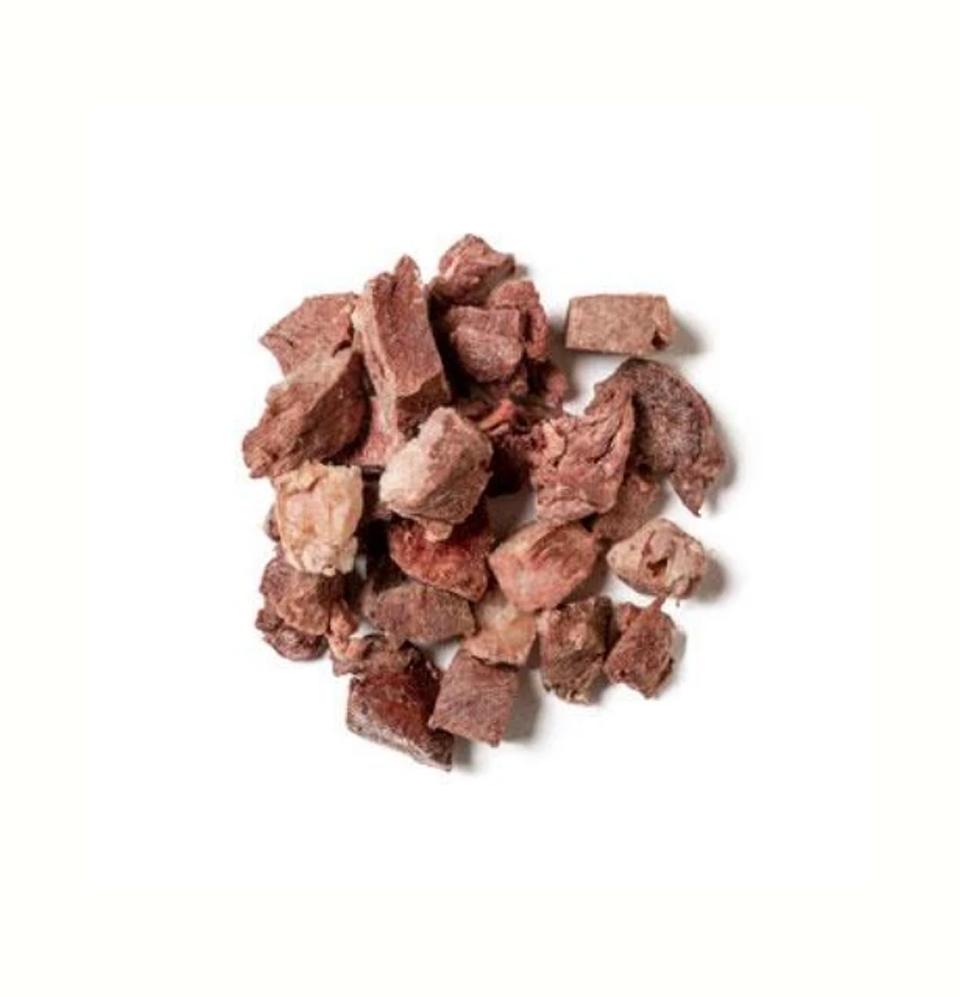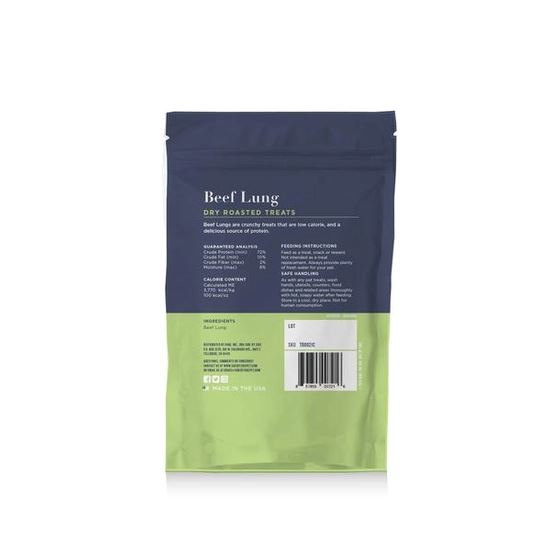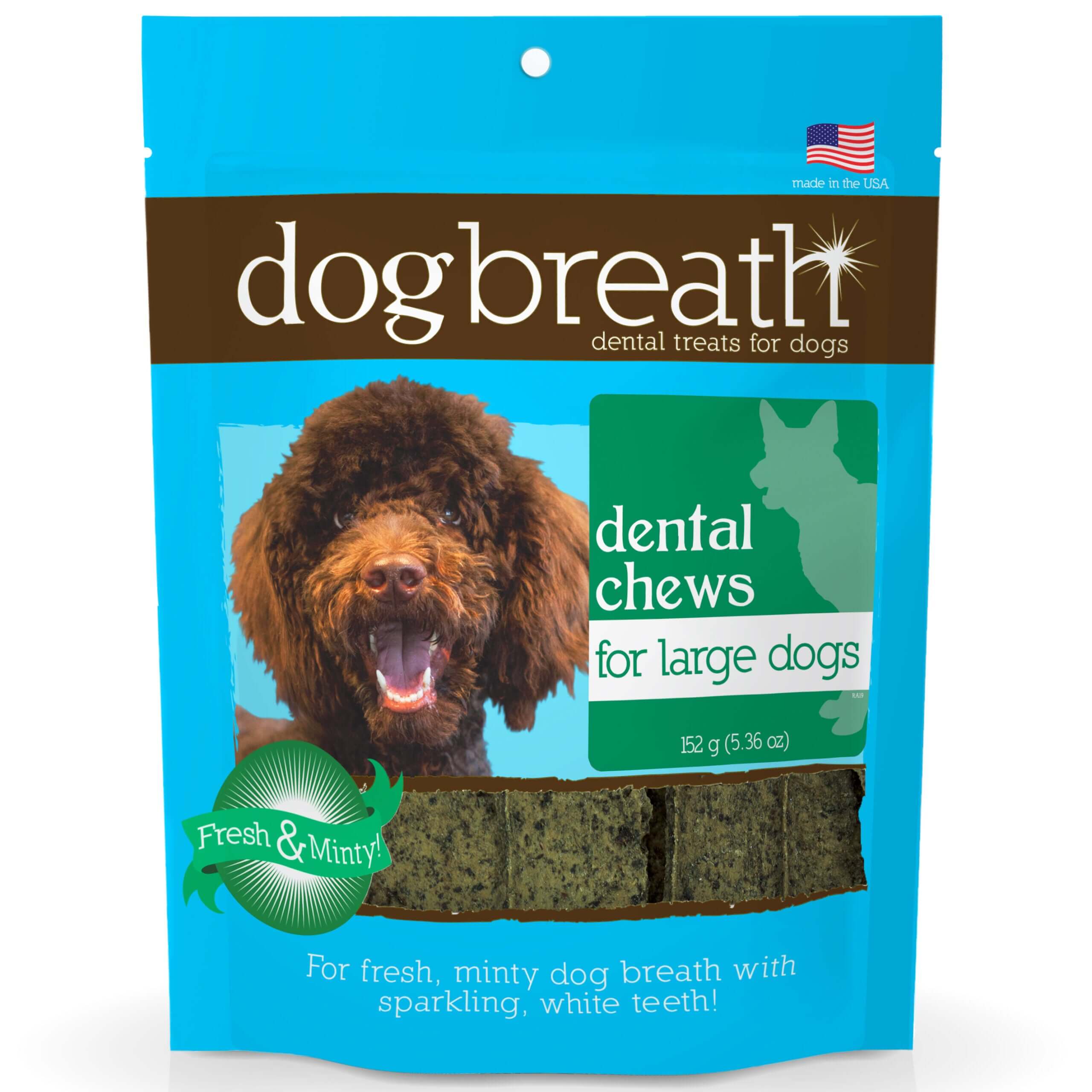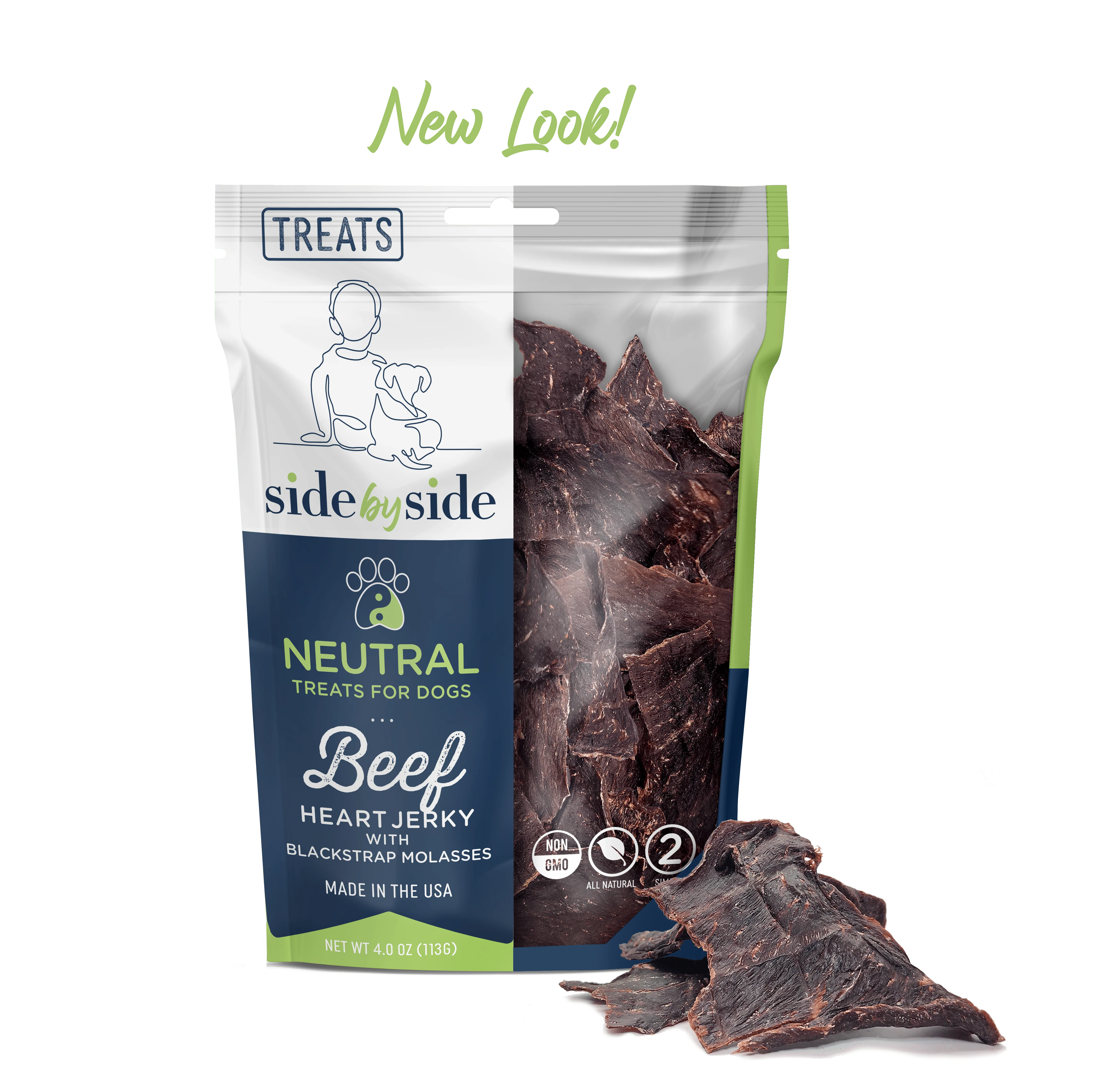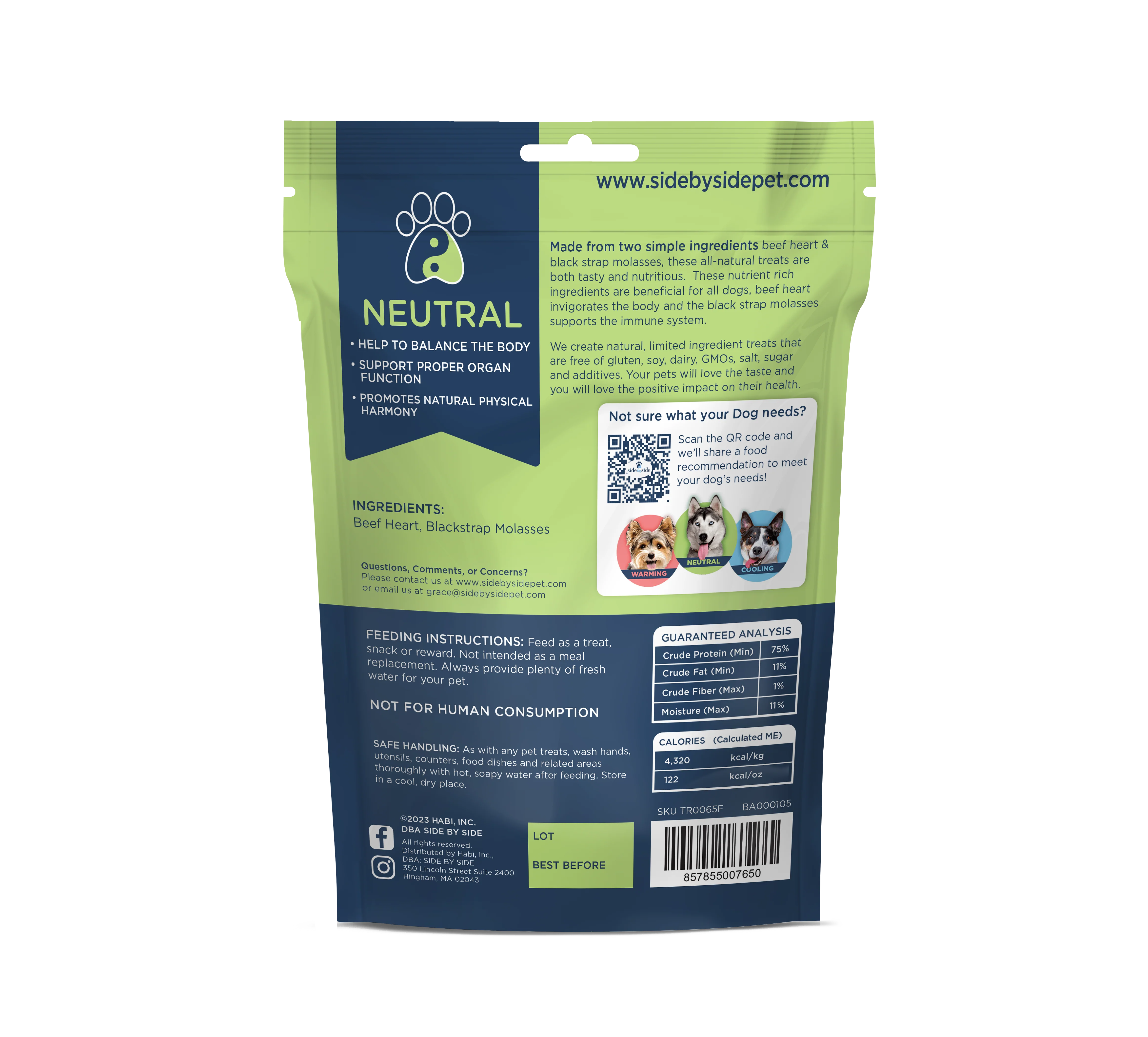
The Top 7 Benefits of Acupuncture for Dogs

What is Acupuncture for Dogs?
Acupuncture for dogs is a Traditional Chinese Veterinary Medicine (TCVM) technique involving the insertion of thin needles into specific points on your dog's body.
The goal of acupuncture is to stimulate specific points to promote balance and harmony within the body, thus supporting overall health and addressing various ailments.
What Happens During a Dog Acupuncture Session?
A veterinary acupuncturist carefully inserts fine, sterile needles into predetermined acupuncture points during an acupuncture session for dogs.
These points correspond to energy pathways or meridians within the body.
The selection of points depends on your dog's condition and the desired therapeutic effect.
The needles used in acupuncture are typically thin and flexible and inserted to varying depths depending on the location and purpose.
Dogs generally tolerate the process well because the veterinarian inserts the needles quickly with minimal discomfort.
Some dogs may feel a brief, mild sensation or twitching when the needles are inserted, but they generally relax during the treatment.
The acupuncture needles stimulate the nerves, muscles, and connective tissues at the chosen points, triggering various physiological responses.
These responses may include the release of endorphins (natural pain-relieving chemicals), improved blood circulation, relaxation of muscles, and modulation of the nervous system.
The number of acupuncture sessions required and the duration of each session varies depending on the condition being treated.
In some cases, a single session may be sufficient. In contrast, in many cases a series of sessions may be necessary for optimal results.
Your veterinarian will determine the treatment plan based on your dog's individual needs.
The Top 7 Benefits of Acupuncture for Dogs
While it's important to consult with a qualified veterinarian before pursuing acupuncture for your dog, we explain its top benefits below.
1. Pain Management
Acupuncture is an excellent tool for alleviating pain in dogs, particularly in cases of arthritis, musculoskeletal conditions, or after surgery.
The placement of needles stimulates the release of endorphins, which are natural pain-relieving chemicals in the body.
2. Enhanced Mobility
Dogs with mobility issues, such as joint stiffness or reduced range of motion, may benefit from acupuncture.
By targeting specific points, acupuncture increases blood flow, reduces inflammation, and alleviates muscle tension, leading to improved mobility.
3. Relaxation and Stress Reduction
Acupuncture sessions can promote relaxation and reduce stress in dogs.
The process of inserting needles can trigger the release of neurotransmitters that have a calming effect on the nervous system.
4. Improved Immune Function
Acupuncture may help strengthen the immune system in dogs by promoting overall balance and harmony within the body.
By stimulating specific points, acupuncture can enhance lymph and blood circulation, potentially supporting the immune response.
5. Digestive Health
Dogs suffering from gastrointestinal issues, such as chronic vomiting, diarrhea, or loss of appetite, might benefit from acupuncture.
Targeting specific acupuncture points can help regulate digestive function, potentially improving appetite and bowel movements.
6. Support for Other Medical Treatments
Acupuncture complements other veterinary treatments, such as medication or physical therapy.
It helps enhance the effectiveness of these treatments, potentially reducing the need for higher doses of medication.
7. Few Side Effects
When performed by a qualified veterinarian, acupuncture is safe for dogs.
It is a non-invasive procedure with minimal risk of side effects compared to certain medications or surgeries.
How to Find a Veterinary Acupuncturist
It can be challenging to find a veterinary acupuncturist. However, we can help!
If you are in the middle Tennessee area, you can schedule an appointment with one of our founding veterinarians.
You can learn more about our vets and their expertise and/or schedule by visiting their websites:
- Marc Smith, DVM, MS - Natchez Trace Veterinary Services
- Casey Damron, DVM, CVA - White Oak Animal Hospital
Also, we work with many talented veterinary acupuncturists regularly. The vets on our authorizing vet list are happy to help.
Another option is searching the American Holistic Veterinary Medicine Association's Member List. Look for vets who practice acupuncture, work with Chinese herbs, or designate themselves as TCVM practitioners.
Sources:
- Helen. (2022, August 30). Mechanisms of action – Acupuncture and neurotransmitters in the body | shaftesburyclinic. https://shaftesburyclinic.com/mechanisms-of-action-acupuncture-and-neurotransmitters-in-the-body/
- Exploring the Science of Acupuncture. (2021, November 1). Harvard Medical School. https://hms.harvard.edu/news/exploring-science-acupuncture
- Acupuncture. (2023, March 13). Johns Hopkins Medicine. https://www.hopkinsmedicine.org/health/wellness-and-prevention/acupuncture

